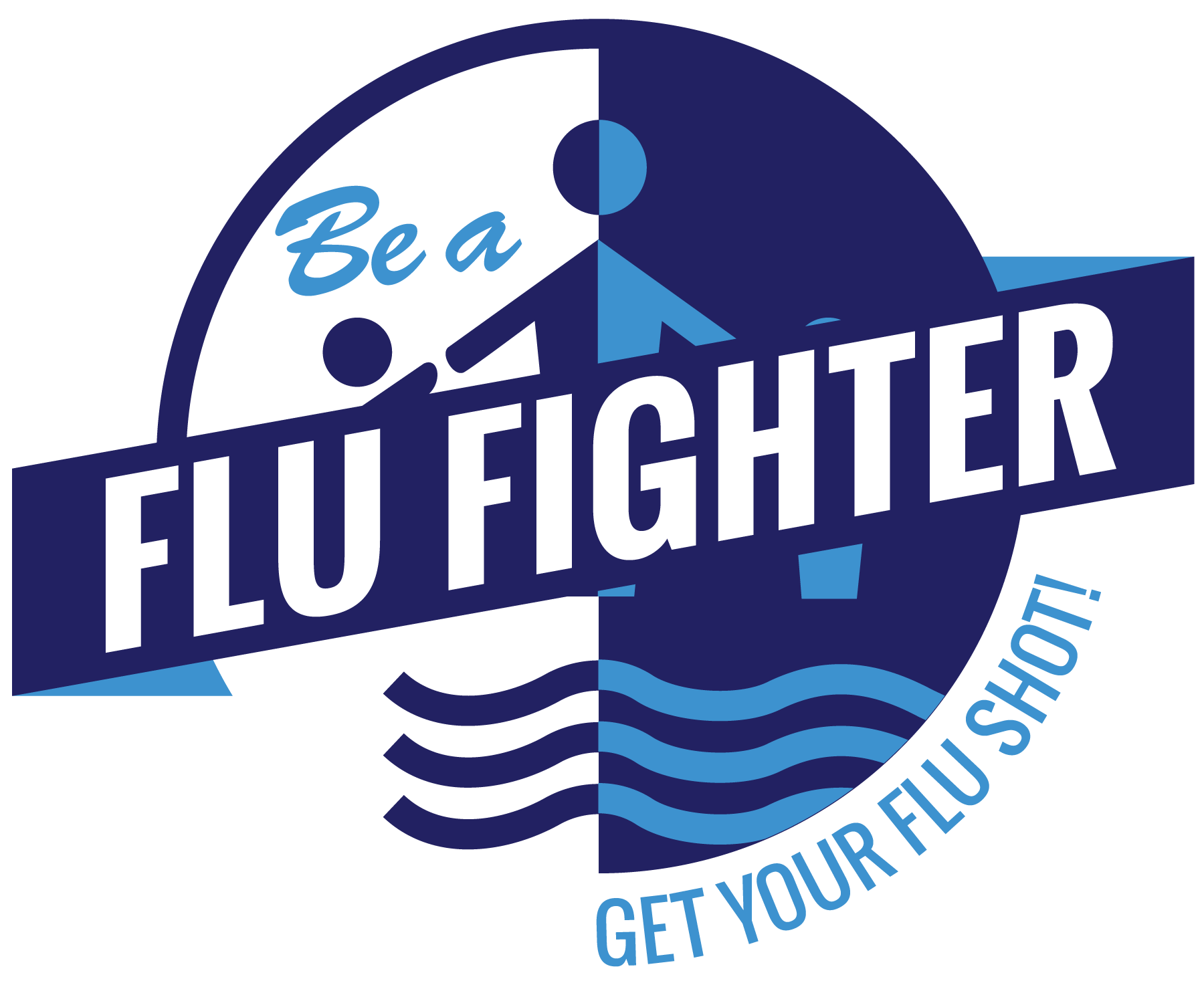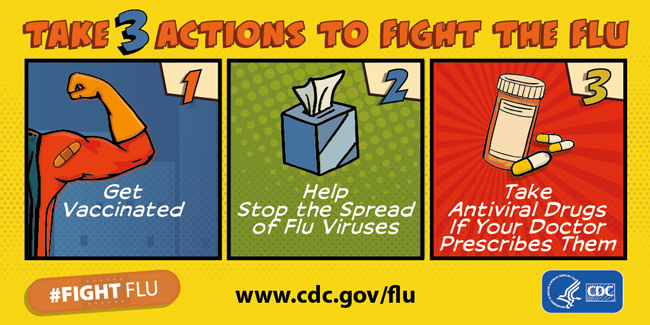
Flu season will officially start in October, and can last all the way until May 2020.
Here is EVERYTHING you need to know about the flu vaccine, when and where to get it, what it does, and some frequently asked questions!
What is Influenza?
Influenza (the flu) is a contagious respiratory illness caused by influenza viruses. It can cause mild to severe illness, and at times can lead to death. Some people — such as older people, young children and people with certain health conditions — are at high risk for serious flu complications. The best way to prevent the flu is by getting vaccinated each year. Seasonal influenza vaccine must be changed each year as the viruses naturally change over time.
When Does Flu Season Officially Start?
Flu season starts in October and lasts until May.
Where Can I Get A Flu Vaccination?
You can come right over to the Forsyth County Department of Public Health at 799 N. Highland Avenue. Our flu vaccine clinic has special dates and hours and are as follows:
Start Date: Monday, October 3rd, 2022
Times:
Mondays-Wednesdays: 9:00AM-5:00PM
Thursdays: 9:00AM-7:30PM
Fridays: 9:00AM-1:00PM
No insurance or identification is needed. Flu vaccinations are free.
Why Do I Need The Flu Shot?
The annual flu vaccine is the first and most important step in protecting you and your family from the influenza (flu) virus.
When Does Flu Season Officially Start?
Flu season starts in October and lasts until May.
How Can I Keep Myself From Getting The Flu?
To avoid catching the flu, get vaccinated each year and practice good hand hygiene.
To avoid giving the flu to others, stay home when you are sick, cough or sneeze into tissues and discard them properly, and wash your hands frequently with soap and water or use an approved hand sanitizer if soap and water are not available.
How Does the Flu Virus Spread?
People with flu can spread it to others up to about 6 feet away. Most experts think that flu viruses spread mainly by droplets made when people with flu cough, sneeze or talk. These droplets can land in the mouths or noses of people who are nearby or possibly be inhaled into the lungs. Less often, a person might get flu by touching a surface or object that has flu virus on it and then touching their own mouth, nose, or possibly their eyes.
People with flu are most contagious in the first three to four days after their illness begins. Most healthy adults may be able to infect others beginning 1 day before symptoms develop and up to 5 to 7 days after becoming sick. Children and some people with weakened immune systems may pass the virus for longer than 7 days.
Symptoms can begin about 2 days (but can range from 1 to 4 days) after the virus enters the body. That means that you may be able to pass on the flu to someone else before you know you are sick, as well as while you are sick. Some people can be infected with the flu virus but have no symptoms. During this time, those people may still spread the virus to others.
What are the common flu symptoms?
Flu symptoms include:
- A 100F or higher fever or feeling feverish (not everyone with the flu has a fever)
- A cough and/or sore throat
- A runny or stuffy nose
- Headaches and/or body aches
- Chills
- Fatigue
- Nausea, vomiting, and/or diarrhea (most common in children)

Flu Vaccines
How Does The Flu Vaccine Work to Prevent The Flu?
Flu vaccines cause antibodies to develop in the body about two weeks after vaccination. These antibodies provide protection against infection with the viruses that are in the vaccine. The seasonal flu vaccine protects against the influenza viruses that research indicates will be most common during the upcoming season.When Should I Get My Vaccination?
The CDC recommends that flu vaccinations begin by the end of October, if possible. However, as long as flu viruses are circulating, it is not too late to get vaccinated, even in January or later.
While seasonal flu outbreaks can happen as early as October, most of the time flu activity peaks between December and February, although activity can last as late as May. Since it takes about two weeks after vaccination for antibodies to develop in the body that protect against flu virus infection, it is best that people get vaccinated in time to be protected before flu viruses begin spreading in their community.
Common Misconceptions About The Flu Vaccine:
Can a Flu Shot Give Me The Flu?
No, a flu shot cannot cause flu illness. Flu vaccines given with a needle are currently made in two ways: the vaccine is made either with a) flu vaccine viruses that have been ‘inactivated’ and are therefore not infectious, or b) with no flu vaccine viruses at all (which is the case for recombinant influenza vaccine).
The most common side effects from the influenza shot are soreness, redness, tenderness or swelling where the shot was given. Low-grade fever, headache and muscle aches also may occur.
Is It Better To Get The Flu or The Vaccine?
No. Flu can be a serious disease, particularly among young children, older adults, and people with certain chronic health conditions, such as asthma, heart disease or diabetes. Any flu infection can carry a risk of serious complications, hospitalization or death, even among otherwise healthy children and adults. Therefore, getting vaccinated is a safer choice than risking illness to obtain immune protection.
Should I Really Get a Flu Vaccine Every Year?
Yes. CDC recommends a yearly flu vaccine for just about everyone 6 months and older, even when the viruses the vaccine protects against have not changed from the previous season. The reason for this is that a person’s immune protection from vaccination declines over time, so an annual vaccination is needed to get the “optimal” or best protection against the flu.




